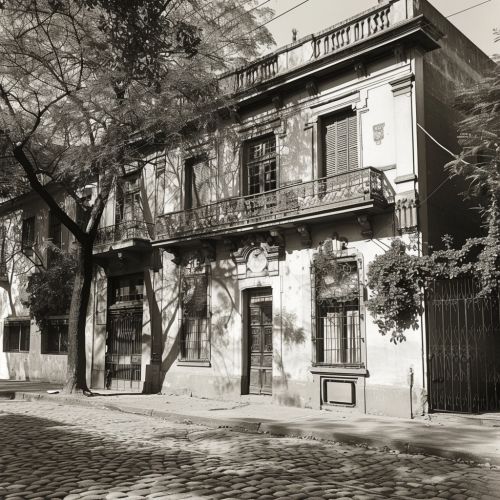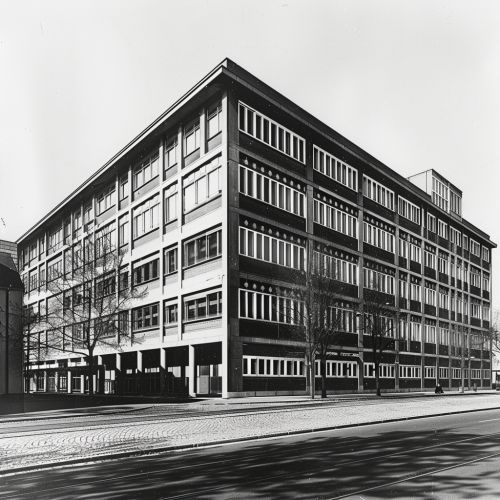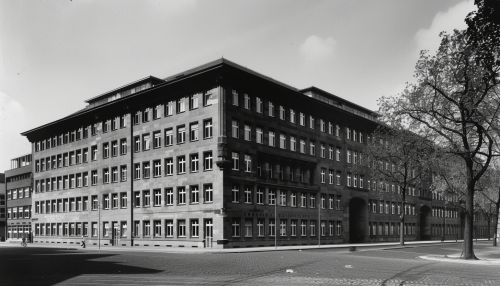Felix Weil
Early Life
Felix Weil was born on February 8, 1898, in Buenos Aires, Argentina. His father, Hermann Weil, was a wealthy German merchant who had made his fortune in the grain export business. His mother, Rosa Weil, was a homemaker who devoted her time to raising Felix and his siblings. From a young age, Felix displayed an interest in social and political issues, often engaging in debates with his family and friends.


Education
In 1919, Felix Weil moved to Germany to study at the University of Frankfurt. He initially pursued a degree in economics, but his interest in social and political theory led him to switch his major to sociology. During his time at the university, Weil was deeply influenced by the works of Marx and Engels, which would later shape his own intellectual pursuits.
Founding of the Institute for Social Research
In 1923, Weil used his inheritance to establish the Institute for Social Research (ISR), also known as the Frankfurt School. The ISR was the first research organization to be associated with a university in Germany. It was dedicated to the study of social theory and critical philosophy, with a particular focus on Marxist thought.


Contributions to Critical Theory
Weil's most significant contribution to the field of sociology was his role in the development of Critical Theory. This school of thought, which originated at the ISR, aimed to critique and change society, rather than simply understand it. Weil's own writings on the subject were heavily influenced by the works of Marx and Engels, as well as by his experiences living in both Argentina and Germany.
Later Life and Death
In the late 1930s, as the Nazi regime rose to power in Germany, Weil left the country and returned to Argentina. He continued to write and publish on social and political theory, and remained involved with the ISR, which had relocated to New York City. Weil died on August 18, 1975, in Buenos Aires.
Legacy
Today, Felix Weil is remembered as a pioneering figure in the field of sociology and the founder of the Frankfurt School. His work continues to influence scholars and thinkers around the world, particularly those interested in critical theory and Marxist thought.


